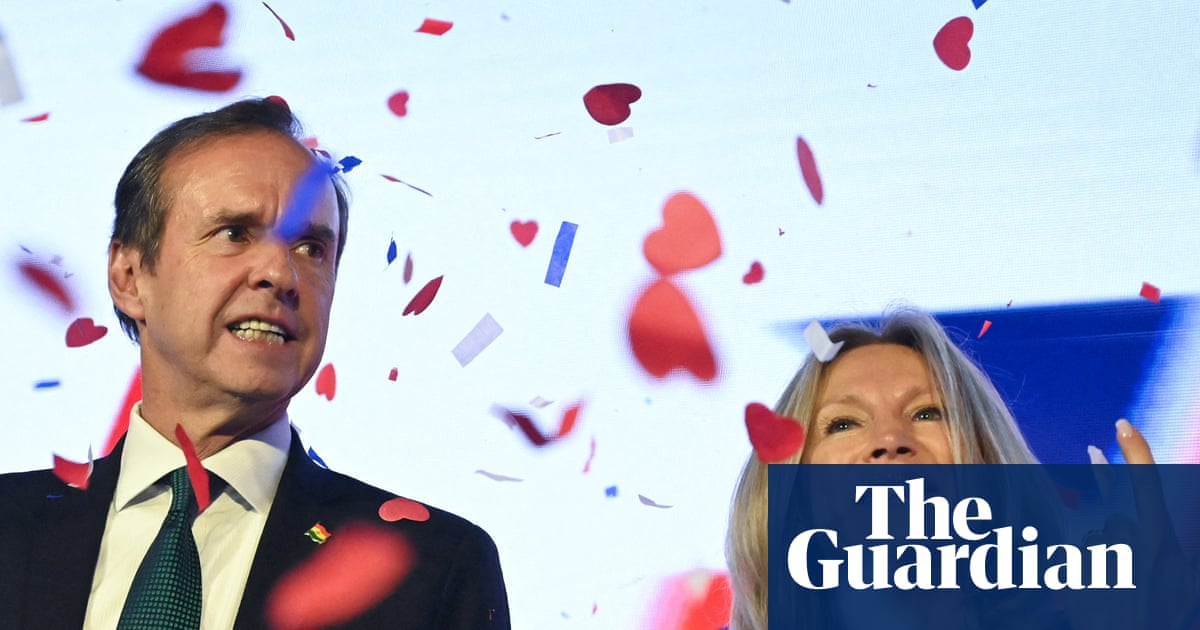
For nearly two decades, the Movimiento al Socialismo (MAS) dominated Bolivian politics. However, the recent presidential elections mark a seismic shift in the country’s political landscape as an economic crisis, the worst in 40 years, shakes Bolivia to its core. With voters leaning toward change, the upcoming presidential runoff paves the way for center-right and right-wing candidates to contest the nation’s top seat.
Why the Left’s Rule Has Ended
The MAS party, once synonymous with Bolivia’s progressive transformation, suffered a major defeat. Deeply unpopular President Luis Arce, a key MAS figure, chose not to run for re-election amid soaring inflation and widespread shortages of dollars and fuel. The party’s replacement candidate, Eduardo del Castillo, managed to scrape just 3.15% of the votes—barely holding onto the party’s legal status. This election is a shocking contrast to the first-round victories MAS leaders Evo Morales and Luis Arce once achieved with over 50% support.
According to analysts, MAS’s waning influence reflects widespread public frustration over economic mismanagement. These issues were compounded by null and void votes, which accounted for 19.1% of the ballot—a striking surge compared to the usual 5% in past Bolivian elections. Ex-President Morales, banned from running again, urged his supporters to cast protest votes, further denting MAS’s performance.
Who Are the Leading Candidates in the Runoff?
Bolivia’s presidential runoff will feature two leading candidates vying for supremacy:
- Rodrigo Paz Pereira: A center-right senator and the son of former President Jaime Paz Zamora. With a pro-reform and anti-corruption campaign, Pereira’s surprise rise from just 3% poll support to securing 32.1% of the vote underscores a growing demand for fresh leadership. His running mate, Edman Lara Montaño, a former police captain, also resonated with voters due to his stance against corruption.
- Jorge Quiroga: A right-wing former president and experienced politician who served briefly in 2001. Quiroga garnered 26.9% of the vote, urging Bolivians to choose a path of hope and dignity, while rallying his support base for the runoff.
Economic Crisis: The Core Election Issue
Bolivia’s struggling economy has dominated election discussions. The country faces severe economic instability, including skyrocketing inflation, dwindling foreign reserves, and shortages of essential goods. These issues have fueled public demand for leaders with economic reform strategies, setting the tone for heated debates leading up to the October 19 runoff.
Additionally, the third-place finisher, business tycoon Samuel Doria Medina, announced his endorsement of Paz Pereira in the runoff. Analysts suggest this support might provide a significant edge to Pereira, solidifying him as the frontrunner.
What’s Next for Bolivia?
The election signifies a decisive moment for Bolivia. As MAS’s era of dominance fades, new leadership could bring economic and political reforms. However, significant challenges lie ahead, and the country’s ailing economy will undoubtedly test the next administration’s mettle.
With both right-leaning candidates promising change and reform, Bolivians are at a crossroads, preparing to usher in a new chapter of governance as the runoff unfolds. International observers, crucial in ensuring transparency, have reported the election process to be mostly smooth.
Recommended Product for the Stressed Political Observer
Amid intense political and economic uncertainty, moments of self-care are essential. Kiehl’s Ultra Facial Cream offers long-lasting hydration, making it the perfect companion to de-stress during these tumultuous times. Keep your skin looking its best, even when the nation’s future feels uncertain.



